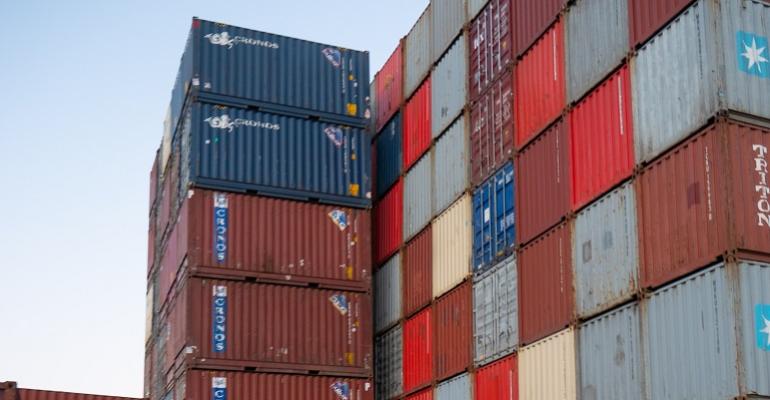Federal Maritime Commission (FMC), the US government agency which regulates liner shipping touching US ports has now issued definitive guidelines on D & D, which it had been tasked to do under the Ocean Shipping Reform Act of 2022 (OSRA 2022).
The final rules, which will take effect in late May, are based on a set of proposed regulations published in October 2022, now modified to reflect extensive comment submitted, and also informed by discussions in various fact-finding sessions organized by the agency. The just released FMC document reveals that some $6.9 billion of D&D was collected by the carriers during the 2020 – 2022 timeframe.
The rules include some real changes to the 2022 OSRA Notice of Proposed Rulemaking language, for example clarifying the flow of invoicing to the cargo shipper from a non-vessel-operating carrier (and NVOCC), which then takes space from an underlying operating carrier. Other changes reflect clarifications; for example “days” is changed to “calendar days” in a number of places. Typographical mistakes in the 2022 language are referred to as “scrivener’s errors in the proposed text”.
Importantly, the contents of D & D invoices are specifically delineated; they need to include, at a minimum, certain items already ensconced in the Code of Federal Regulations (tied to the 2022 OSRA).
Concerning timings, these items are:
(1) The invoice date;
(2) The invoice due date:
(3) The allowed free time in days;
(4) The start date of free time;
(5) The end date of free time;
(6) For imports, the container availability date;
(7) For exports, the earliest return date; and
(8) The specific date(s) for which demurrage and/or detention were charged
Concerning shipment ID, minimum information to be included is:
(1) The Bill of Lading number(s);
(2) The container number(s);
(3) For imports, the port(s) of discharge; and
(4) The basis for why the billed party is the proper party of interest and thus liable
for the charge.
Concerning rate information, the FMC requires that:
A demurrage or detention invoice must be accurate and contain sufficient information to enable the billed party to identify the amount due and readily ascertain how that amount was calculated and must include at a minimum:
(1) The total amount due;
(2) The applicable detention or demurrage rule (e.g., the tariff name and rule number, terminal schedule, applicable service contract number and section, or applicablenegotiated arrangement) on which the daily rate is based; and
(3) The specific rate or rates per the applicable tariff rule or service contract
A major focus is timing; more than half of the extensive comments that the FMC had received concern the timeframes surrounding D & D invoices. In the new rules, carriers and terminal operators will have 30 calendar days (from the last days of charges being incurred) to issue invoices to cargo shippers (but also to consignees) for D & D, with another 30 day window for requesting refunds and resolving disputes.
Reader resources:
The FMC announcement: https://public-inspection.federalregister.gov/2024-02926.pdf
Code of Federal Regulations: https://www.law.cornell.edu/uscode/text/46/41104
Copyright © 2024. All rights reserved. Seatrade, a trading name of Informa Markets (UK) Limited.
Add Seatrade Maritime News to your Google News feed.  |

